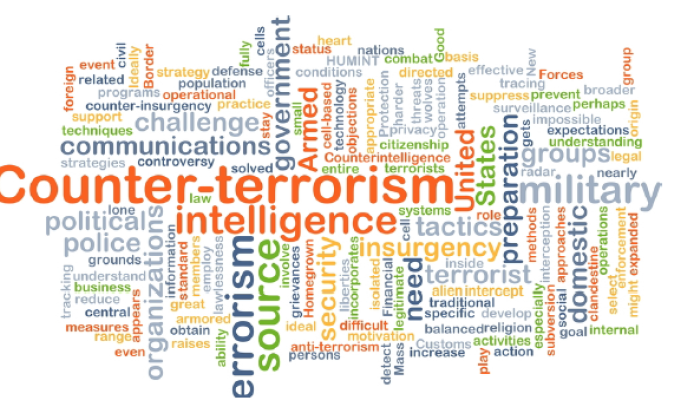
Joe Whittaker
Contact
Joe Whittaker is a Research Fellow at ICCT and lecturer in Cyber Threats at Swansea University's Department of Criminology, Sociology and Social Policy. His primary research interest is online radicalisation. For his doctoral research (Swansea University & Leiden University) he created a database of 231 Islamic State terrorists that operated within the United States and analysed their online behaviours. He also researches how recommendation algorithms promote extremist content; terrorists' use of video games; as well as how online counter-narratives are deployed. Outside of Terrorism Studies, Joe has research interests in political polarisation on social media and heuristic decision making. Joe is also affiliated with the Cyberterrorism Project in Swansea which, like ICCT, is internationally renowned and takes an interdisciplinary approach to different aspects of Terrorism Studies. Joe also has an MA with distinction from the University of Hull, reading International Politics (with a focus towards the Middle East), and a first-class degree also from the University of Hull, reading Politics & Philosophy.



